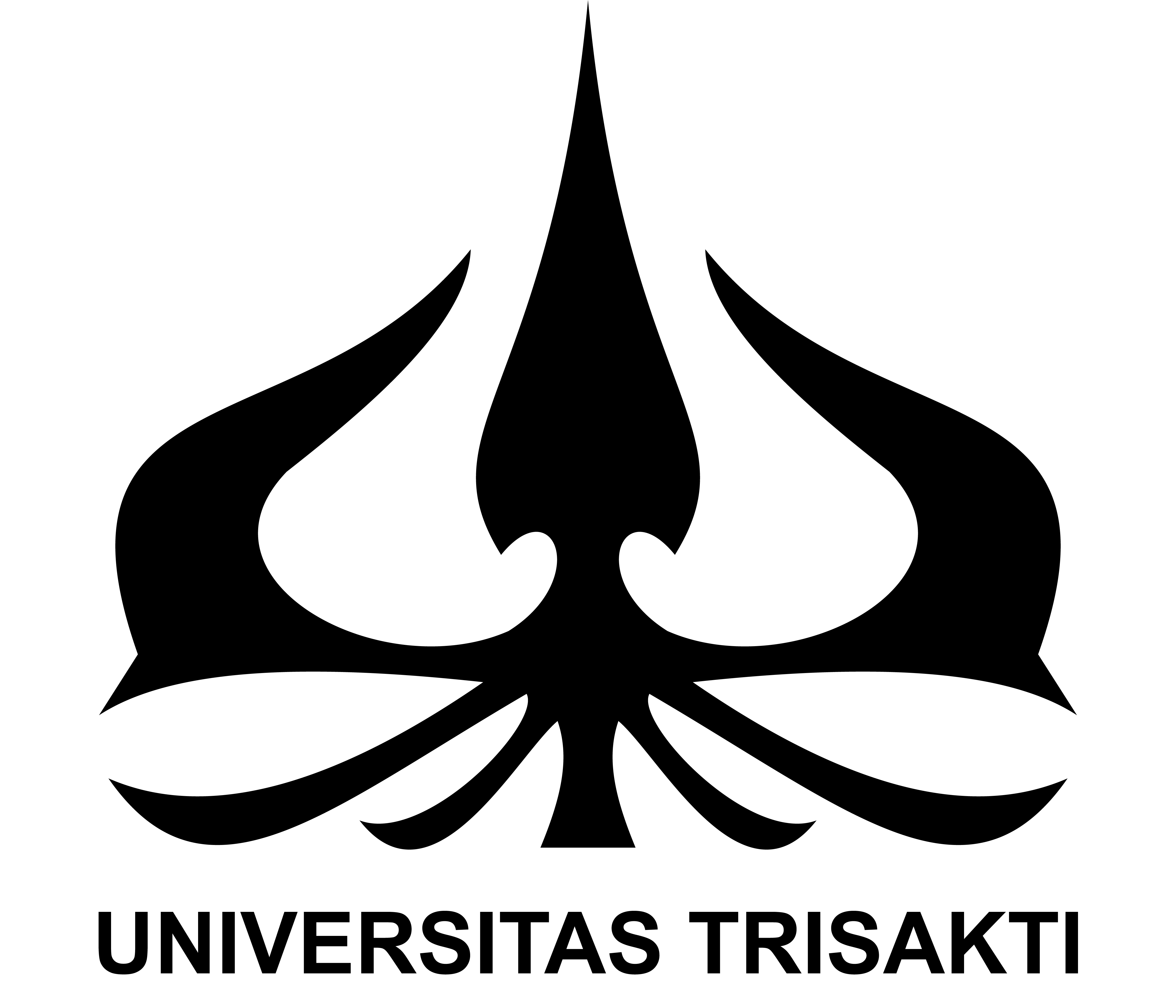- Jalan Kyai Tapa No. 1 Grogol
- Jakarta Barat, Indonesia
- Phone: (62-21) 566 3232
- Fax: (62-21) 564 4270
- Email: humas@trisakti.ac.id
Brief History
The merger of the culture center, the cooperation unit, and the international office’s organization structure Peleburan struktur organisasi lembaga budaya dan unit pelaksana teknis kerja sama dan kantor internasional, menjadi kantor urusan internasional kerja sama dan kebudayaan universitas trisakti.
With the enactment of the Universitas Trisakti statutes and by-laws in 2015, the provisions governing the organization and work procedures of Universitas Trisakti need to be adjusted to the conditions of the university.
To realize Universitas Trisakti’s vision and mission toward a world-class university, the culture center, the cooperation unit, and the international office’s organizational structure are to become the office of the international affair, cooperation, and culture.
Therefore, the fusion of the organizational structure of the culture center, the cooperation unit, and the international office, into the organizational structure of the international affairs, cooperation, and culture office needs to be included in the Rector’s rule.
Originally, Universitas Trisakti’s Culture Center functions as the service of the nation’s cultural nurture into the campus (internal), and educative for the students, the lecturers, and the educational staff, aside from serving the public society (external).
Universitas Trisakti is a pluralistic campus in terms of science (Science, Technology, and Art) and background heterogeneity, including cross-tribe, cross-religion, and cross-ethnics. These factors give wide variety in the campus environment. In dealing with this current situation and the preference of the new students, Universitas Trisakti needs something that can serve as the unifying element. The Culture Center is expected to embrace the existing difference and forms a new force to support each other. The 2008 Rector’s decree instructed the establishment of the Culture Center, which is appropriate in the context of celebrating the 10th anniversary of the reformation and also a hundred years of ‘national awakening.’ The reformation events, unfortunately, are not only understood in the context of socio-political phenomena, but are also interpreted in the context of the revival of the socio-cultural dimension, especially in Universitas Trisakti. Starting from the ‘reform’ campus, we hope that cultured (civilized) people will be born through the process of implementing ‘culturalism.’ Therefore, the Chancellor of Universitas Trisakti, Prof. Dr. Thoby Mutis, issued the SKR No. 178/USAKTI/SKR/VI/2008, on June 20, 2008, as the beginning of the activities of the Culture Center at Universitas Trisakti.
The UPT Cooperation came to existence when higher education struggled to prepare the human resources capable of competing at the international level. The efforts to improve the nation’s competitiveness are related to the availability of quality and sustainable education systems. One of the efforts to escalate academic quality is to increase cooperation programs.
In this regard, also in line with the vision and mission of Universitas Trisakti, the Cooperation Unit (KS), originally under the Bureau of Human Resources Development and Cooperation (PSDM & KS), became the UPT Cooperation (UPT KS) through the Rector’s Decree (SK) No. 016/USAKTI/SKR/I/99. The aim is to make cooperative activities carried out by units at Universitas Trisakti well-coordinated and inventoried.

